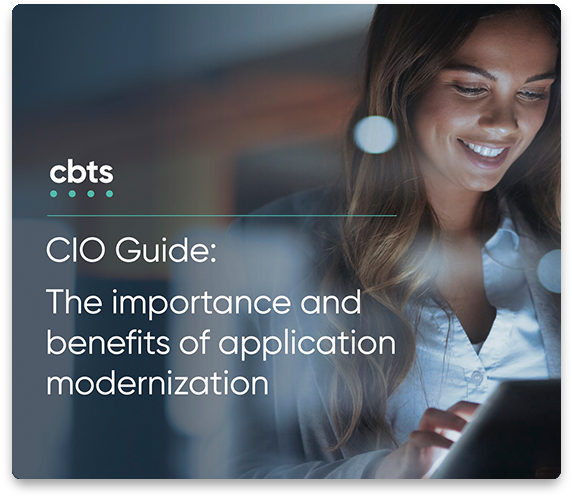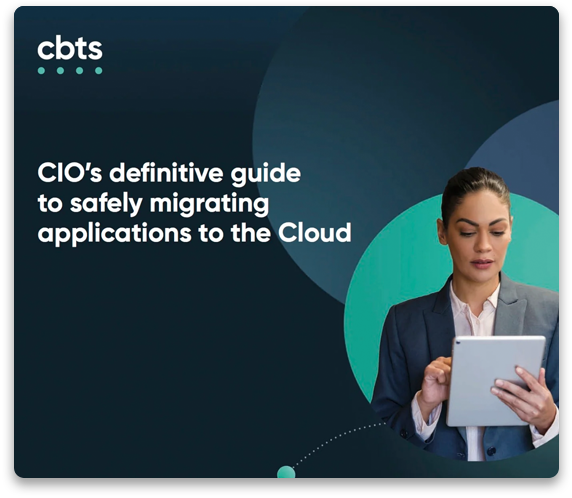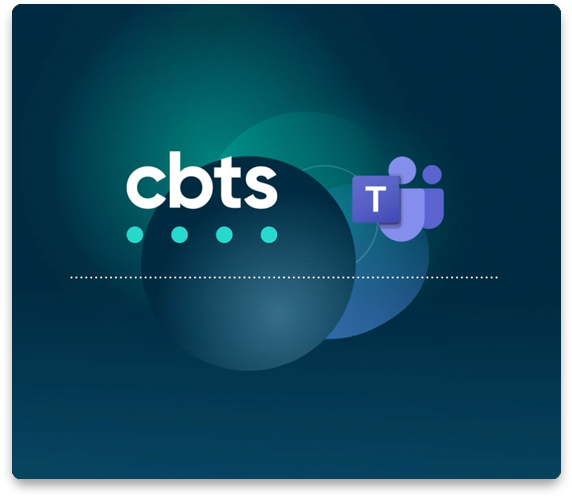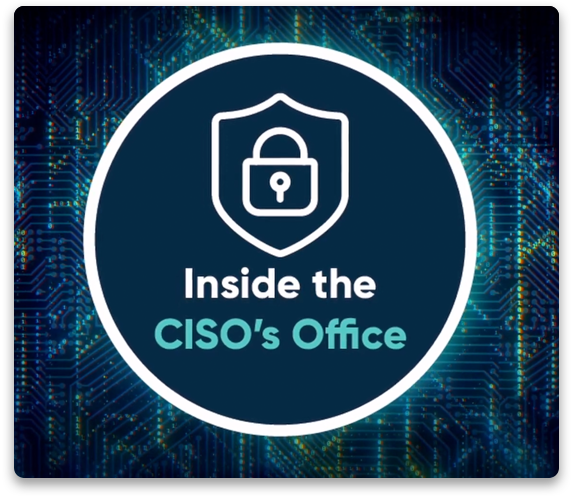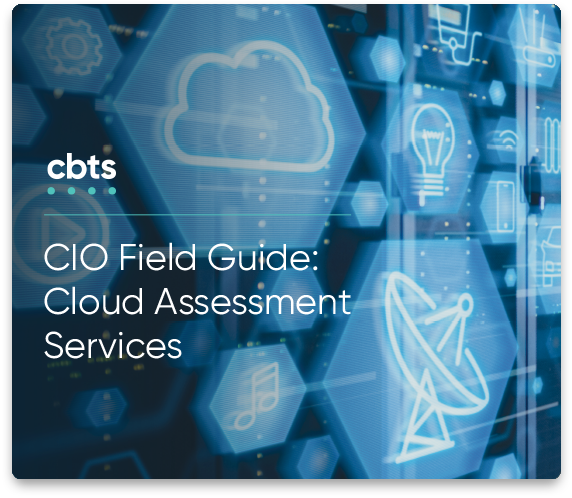
In an increasingly remote work environment, governments around the globe are improving the effectiveness of their workforces by combining voice, video, and data functionalities in one streamlined channel, a technique known as Unified Communications (UC).
Adoption of UC is particularly crucial for communities navigating the economic impact of COVID-19. As the pandemic raged across the U.S. last year, CBTS assisted a government Jobs and Family Services (JFS) office in the Midwest that was overwhelmed by unemployed residents seeking new employment opportunities.
CBTS designed and implemented a UC for government solution to address service issues faced by JFS constituents. The solution included scaling existing call paths, organizing remote call center operations, and configuring a new Interactive Voice Response (IVR) solution. Cisco’s Unified IP IVR was deployed at scale specifically to address mass layoffs by major companies.
Even as the pandemic dissipates, state and local governments worldwide are meeting citizens’ heightened service expectations with Cisco UC solutions. This article will explain the benefits of UC innovations for agencies and municipalities of all stripes.
Also read: VoIP vs UCaaS: What is right for your business?
How to utilize the benefits of UC for government
Accustomed to reliable online and automated voice service from retailers and other private-sector institutions, most people expect the same response from their government. Antiquated phone systems and outdated legacy systems are being replaced by UC technology boasting a wide range of benefits:
- Enhanced public safety: First responders are more efficient when they can communicate and access critical information from anywhere, at any time, under any circumstance.
- Improved service effectiveness: Citizen satisfaction is enhanced when services are easier to obtain. Reaching an employee or agent on the first call, receiving a medical consultation from a nearby clinic, or reserving a public meeting via an automated voice response system can foster greater trust and satisfaction among citizens and stakeholders.
- Citizen empowerment and social inclusion: Connected communities enable residents and businesses to get timely government information and services through self-service voice applications and web portals. UC for government also helps public agencies reach out to underrepresented or rural populations that are typically unable to access key services.
- Economic development: Employers are attracted to communities that make it easy to do business—which UC for government can provide while also enabling the education and training required to cultivate a skilled workforce.
Also read: Four Considerations for Building a Remote Network with SD-WAN
With Cisco UC services, communities and agencies are bolstered by:
- Effective phone systems, unified messaging, and collaboration.
- Advanced call processing and contact centers.
- Robust video collaboration and surveillance.
- Mobile voice and interoperability.
Eight benefits of UC for governments
Public safety, effective services, high productivity, and social inclusion are keystones of any strong community. A cloud-based UC solution can help transform governmental activities, while the right partner will lead your agency to success.
CBTS provides industry-leading modern communication resolutions for any number of municipal functions and use cases. Here are a few examples:
1) Surveillance video: An ability to see real-time video improves citizen safety and public safety personnel responsiveness. For example, when police officers in Everett, Washington, are dispatched to a crime scene, they can plan an effective response by viewing live surveillance footage from vehicles equipped with Cisco mobile access routers.
2) Rapidly deployable communications: Public safety agencies must be able to maintain lanes of communication in case of network shutdown or lack of infrastructure. With Cisco’s rapidly deployable communications solutions, a first responder can simply flip a switch to connect to an IP network by satellite. This creates an instant network through which to send and receive voice, video, and data utilizing wired or wireless devices.
3) Access to government services: In many cities, individuals who reach the wrong department must wait while an employee searches a paper directory for the appropriate extension. With Cisco UC for government, calls can be seamlessly transferred by selecting an employee’s name from an up-to-date online directory located on their Cisco Unified IP Phones.
4) Well-organized contact centers: Cisco Unified Contact Centers route calls to agents ready to meet callers’ pressing needs, improving service efficacy, and reducing call-handling time. Derwent Living, a UK-based not-for-profit organization that partners with local governments on affordable housing, harnesses UC technology to direct calls from citizens to expert housing advisors.
5) Unified messaging: With Cisco Unified Messaging, government personnel can access messages all from one interface, either their PC or voicemail inbox. Responsiveness improves further when employees retrieve communication and collaboration tools from a single screen.
6) Workplace transformation and efficiency: Many agencies provide permanent desks to mobile employees who rarely work in the office. Cisco UC for government solutions enable desk sharing, allowing workers to make and receive calls from any available desk. This is made possible either by logging into a Cisco Unified IP Phone or Cisco’s Unified Personal Communicator software on PC.
7) Access to human resources: Rural residents can link to social workers, child psychologists, and other human resource offices by using Cisco video telephony and Cisco Telepresence available at their local government offices.
8) Ease of doing business: With so many employers preferring to base their companies in business-friendly communities, Cisco IVR solutions and online web portals are key for governments seeking to provide secure tax payments and other services to new and established businesses.
Also read: Case Study: Safer travels with CBTS on-premises private cloud
A foundation for government services of all kinds
Cisco Unified Communications for Government solutions bridge the gap between needed services and available resources. Ultimately, this technology creates a foundation for a connected community, satisfying demands for public safety, service reliability, citizen empowerment, and a thriving economy.
Contact CBTS for more information on converting your government agency’s legacy infrastructure to a modern cloud-based environment.

